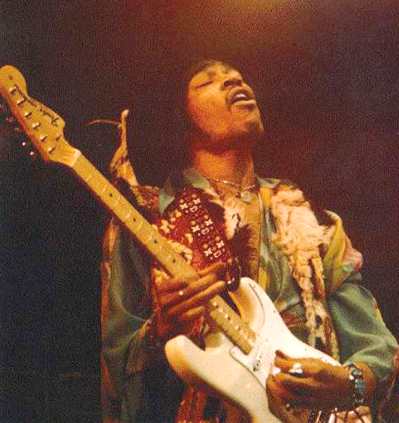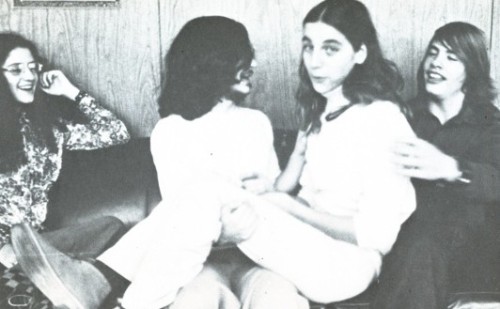We tire of the wholesome appearances we make on the internet. The tally on Facebook of quiches baked, bottles of wine savored, sunsets appreciated. All opinions are positive, likes only, not even a pixel laid down that we would be ashamed of if our great-grandmother Googled and found it.
So can you blame me that in the late nights lately I’ve run with a new, rougher crowd of internet friends? I met them where all shady characters gather — in the suspect folder of my email box.
Elijah Pierre was the first. He approached me one night, looking like an elegant French biblical prophet in the flickering street light. “Use VicodinES to get rid of pain,” he said, clasping his hand to my shoulder.
We walked on. Elijah introduced me to Ahmad Roberts, whose calling card read, “Home delivery ViagraXanax Ambien.” Ervin Bower was next. We found him in a busy chat room. “Get Phentermine online!” he shouted in my direction, fighting to be heard above the noise.
Just then a young woman caught my eye. She was like all young women — even better in my imagination. “This is Elba Sheridan,” Elijah said.
“How do you know Elijah? I asked her. She smiled coyly. “Get PercocetToday!” she replied, and shook my hand. We were joined by Elba’s roommate, Dianna C. Prince, who caught me by the arm and whispered in my ear, warm and damp, “Buy Hydrocodone online today.”
The chatroom wasn’t happening, so we caught a cab. “Let’s go to Kendall’s party,” Elba said. A wiry, goateed guy answered our knock. It was Kendall Byrne. “Need Ritalin?” he asked. “In Need of Percocet?” a tall guy behind him said almost in response. Everyone laughed. That was Marcelo M. Donovan, Kendall Bryne’s boyfriend of long standing.
We partied until the tail end of night. It was the first of many such jaunts to this secret place in my secret life. Each visit ends with a word of advice from Valentin Ledbetter, a Romanian descendant of the folksinger Leadbelly: “Get a good nights rest with Ambien.”
Coming soon: “The Comic Torah”


















